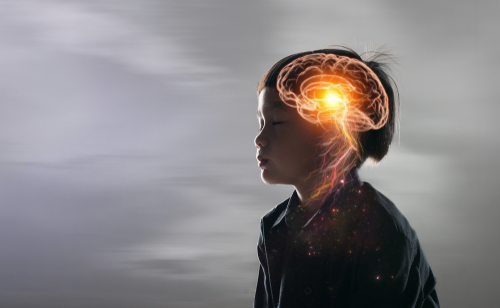Clinical Child Psychology is a sub-field of psychology where highly skilled mental health clinicians work to assess and treat children, adolescents and youths who are dealing with mental, physical, emotional, and behavioral disorders.
What are the Primary Responsibilities of a Clinical Child Psychologist?
A clinical child psychologist is a type of professional psychologist who studies the cognitive, social and emotional development of children. Typically, child psychologists look at development from the prenatal period through adolescence. Some of the traditional areas of interest include genetics, language development, learning disabilities, personality, gender roles, cognitive development, sexual development and social growth.
The specific job responsibilities depend on the area where a child psychologist chooses to specialize, a few of the typical tasks may include:
- Assessing and treating learning or developmental disabilities or delays.
- Working with children and their caregivers to manage behavioral issues
- Administering psychological tests
- Conducting scientific research on childhood development
- Working with a health care team to create a unique treatment plan for a client
Where do Clinical Child Psychologist Typically Work?
Child psychologists may be employed in a variety of settings including schools, the legal system, hospitals and mental health clinics. Those employed in school settings often diagnose learning disabilities, counsel students and teachers, conduct assessments and work with families to help students cope with academic problems, social issues or disabilities. Those professionals who work in court settings work to help young clients who have come into contact with the criminal justice system. Some of the specific duties include helping prepare children to testify in court or work with children in the middle of child custody disputes. Child psychologists who work in hospitals or private mental health offices often work directly with clients and families to overcome psychological illnesses.
What training is needed to become a Clinical Child Psychologist?
The Clinical Child and Adolescent Psychology specialty requires completion of an accredited doctoral education and training program in Clinical Child and Adolescent Psychology. Students must also complete an internship. The specialty requires postdoctoral supervised practice and experience in the specialty in order to obtain board certification and/or licensure.
How Much Money Can I Earn As a Clinical Child Psychologist?
Salaries for clinical child psychologists vary based upon geographic location, area of employment, educational background and years of experience in the field. The US Department of Labor reports that the median salary for child psychologists is just over $64,000 a year, with salaries ranging from a low of $37,900 to a high of almost $150,000.
Are There Any Professional Organizations for Clinical Child Psychologist?
The American Board of Clinical Child and Adolescent Psychology (ABCCAP) is a Specialty Board of the American Board of Professional Psychology (ABPP). The Board, in association with the American Board of Professional Psychology (ABPP), is responsible for conducting Board examinations in the specialty of Clinical Child Psychology, mentoring and training examiners, and awarding the Diploma in Clinical Child and Adolescent Psychology.
For those individuals who have a strong interest in working with children and a desire to help others, a career in Clinical Child Psychology might be for you. Those individuals who earn a doctoral degree and complete a supervised internship have the potential to earn an excellent salary and work in an exciting and interesting field. Clinical Child Psychology is the sub-field of psychology for those individuals who hope to work with children in a clinical setting.

